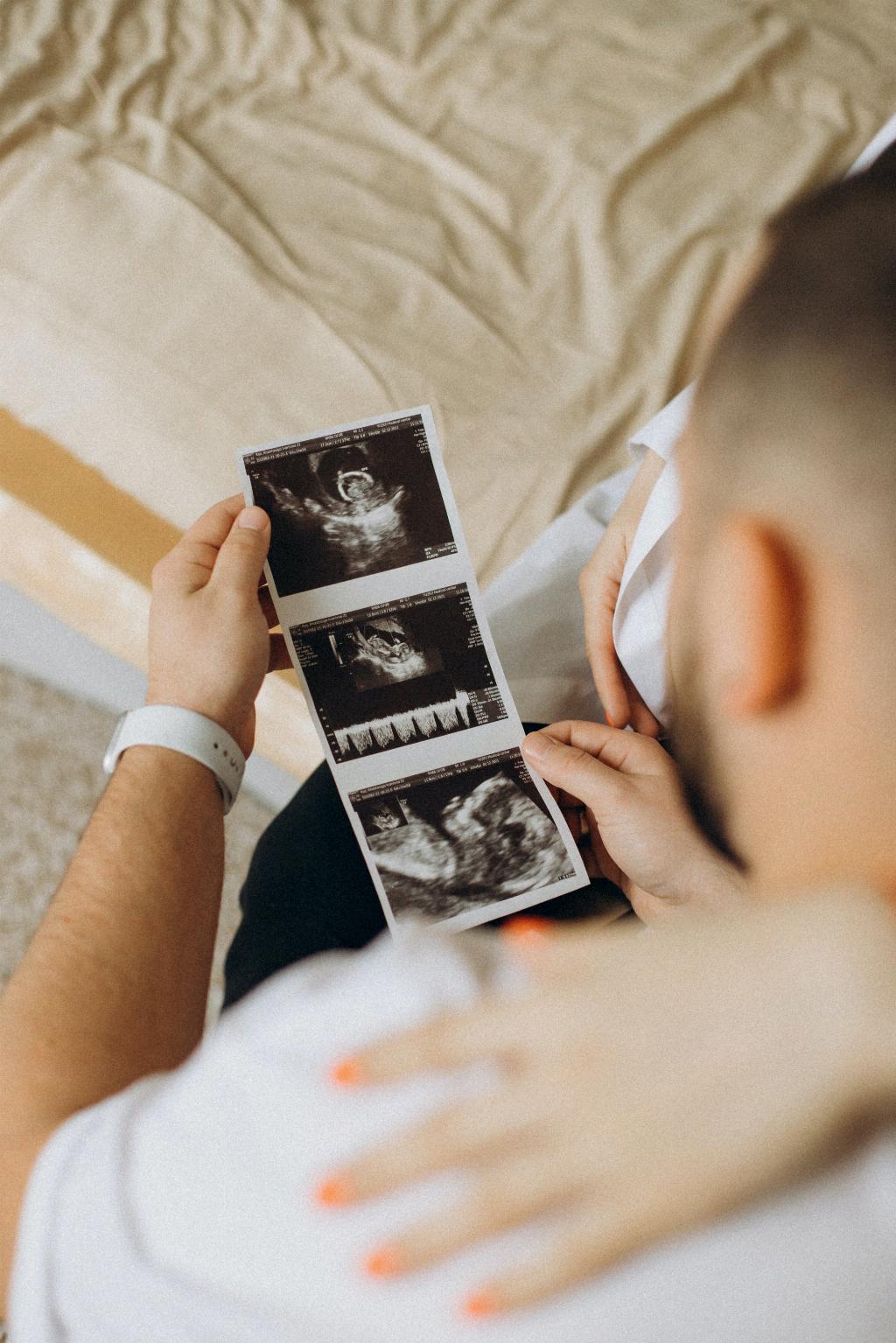Throughout the miraculous journey of pregnancy, a woman’s body undergoes various changes to support the growth and development of the unborn child. One significant change that often goes unnoticed is the impact on the heart rate. Many women wonder, “Does a pregnant woman’s heart beat faster?”
The Physiology of Pregnancy
During pregnancy, a woman’s body experiences a surge in blood volume to provide essential nutrients and oxygen to the fetus. This increase in blood volume puts additional pressure on the heart, prompting it to work harder to circulate blood effectively throughout the body.
Adaptation of the Heart
As the body adapts to the demands of pregnancy, the heart undergoes changes to accommodate the increased workload. One of the primary adaptations is an elevation in heart rate. The heart beats faster to ensure an adequate supply of oxygenated blood reaches both the mother and the developing baby.
Factors Influencing Heart Rate
Several factors contribute to the accelerated heart rate during pregnancy. Hormonal changes, such as an increase in progesterone levels, play a crucial role in relaxing blood vessels and facilitating better blood flow. Additionally, the growing uterus puts pressure on the heart, further necessitating an increase in heart rate to maintain circulation.
Signs of Increased Heart Rate
Women often notice palpitations or a sensation of their heart racing during pregnancy. These symptoms are a natural response to the body’s adjustments to accommodate the needs of the developing fetus. While occasional palpitations are common, persistent or severe irregularities should be promptly evaluated by a healthcare provider.
Monitoring Heart Rate
Monitoring heart rate becomes particularly crucial during pregnancy to ensure the well-being of both the mother and the baby. Healthcare professionals may routinely check the maternal heart rate during prenatal visits to assess cardiac function and detect any abnormalities early on.
Exercise and Heart Rate
Engaging in regular physical activity is vital for overall health during pregnancy. However, women should be mindful of their heart rate while exercising. Maintaining moderate intensity workouts and avoiding overexertion can help prevent excessive strain on the heart and reduce potential risks.
Postpartum Heart Rate
After giving birth, the heart gradually returns to its pre-pregnancy state as the body readjusts to the reduced blood volume and lower demands. Although the heart rate may remain slightly elevated during the postpartum period, it typically stabilizes over time.
Conclusion
In conclusion, the answer to the question, “Does a pregnant woman’s heart beat faster?” is a resounding yes. The physiological changes accompanying pregnancy lead to an increased heart rate to support the enhanced circulatory demands. By understanding these changes and monitoring heart rate effectively, women can navigate this incredible journey with greater insight and care.

